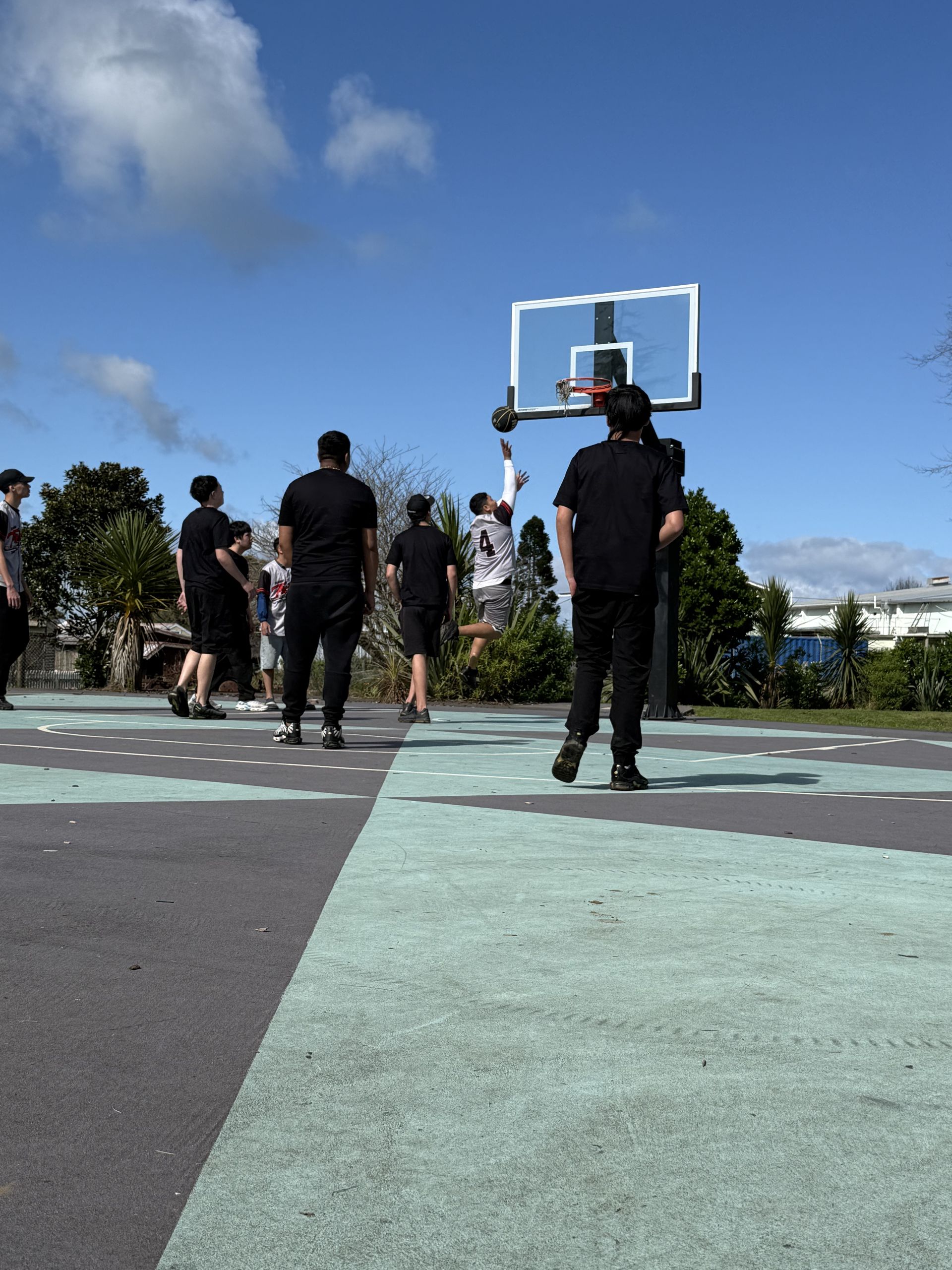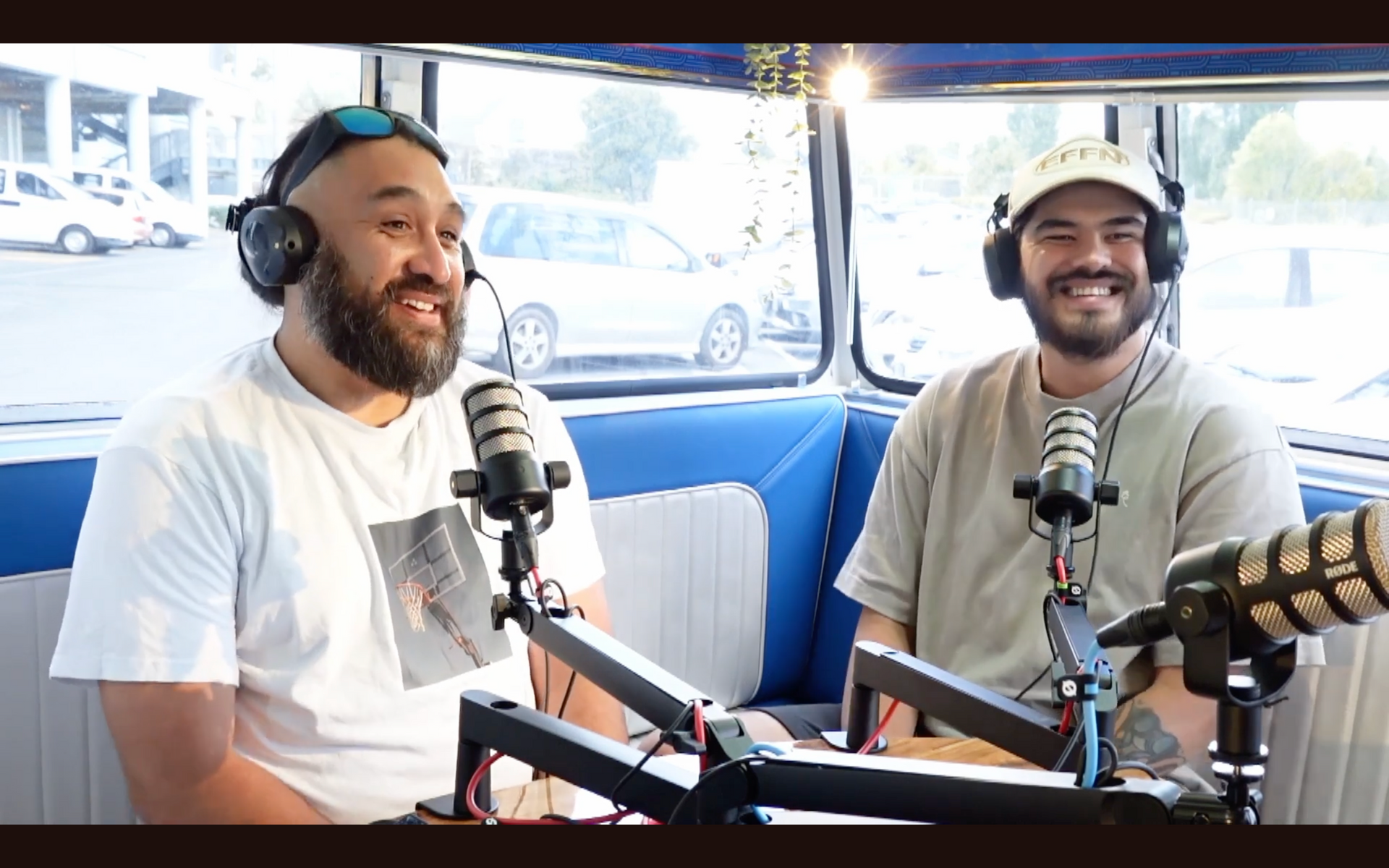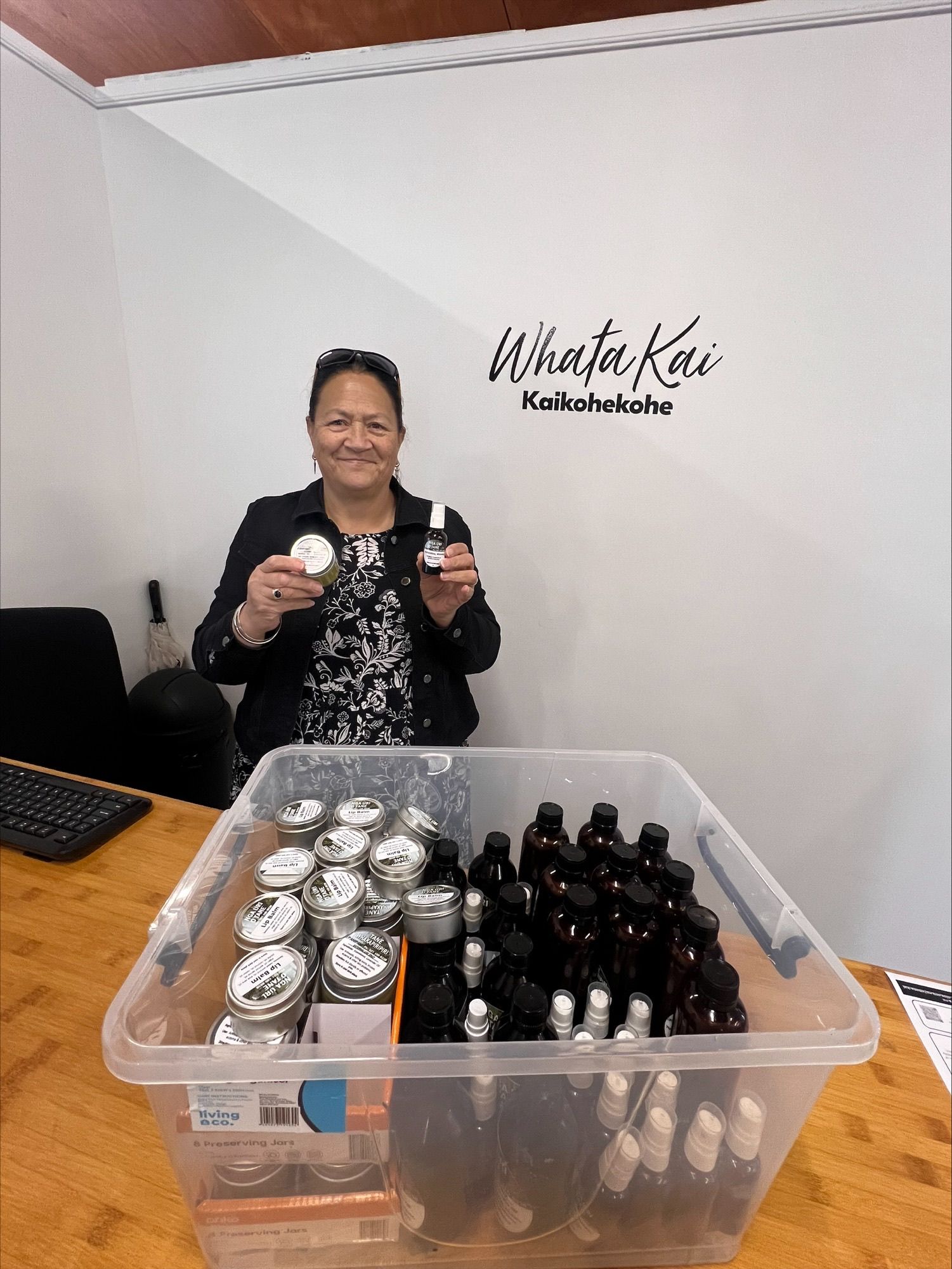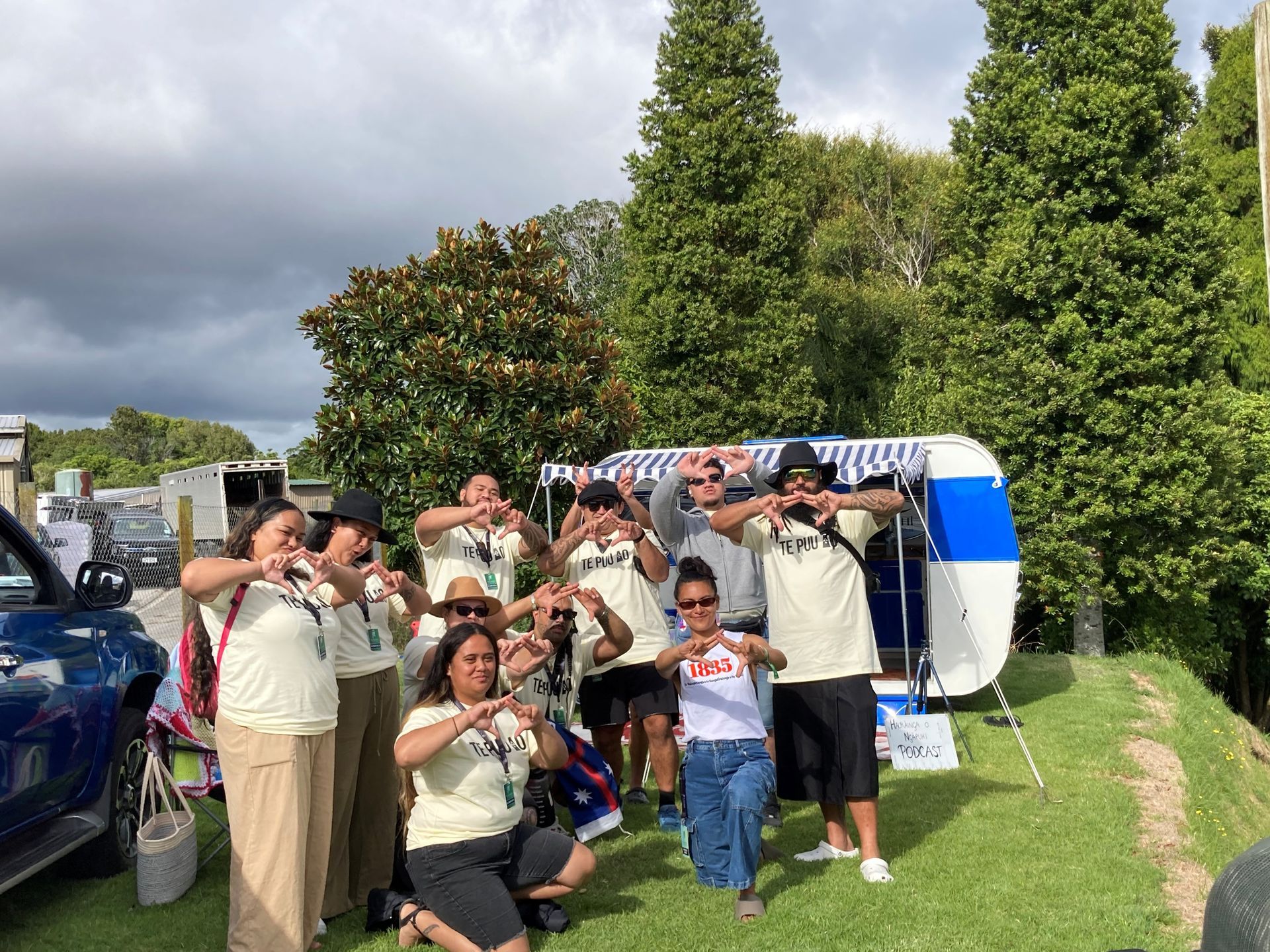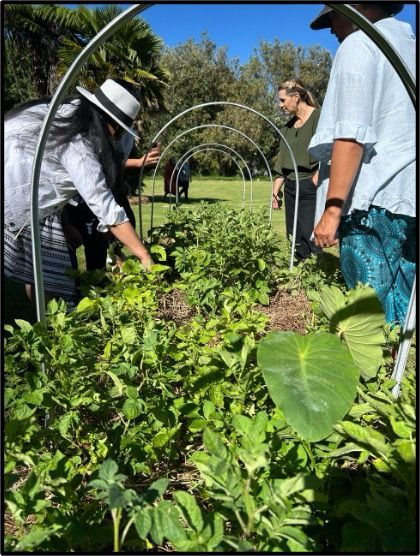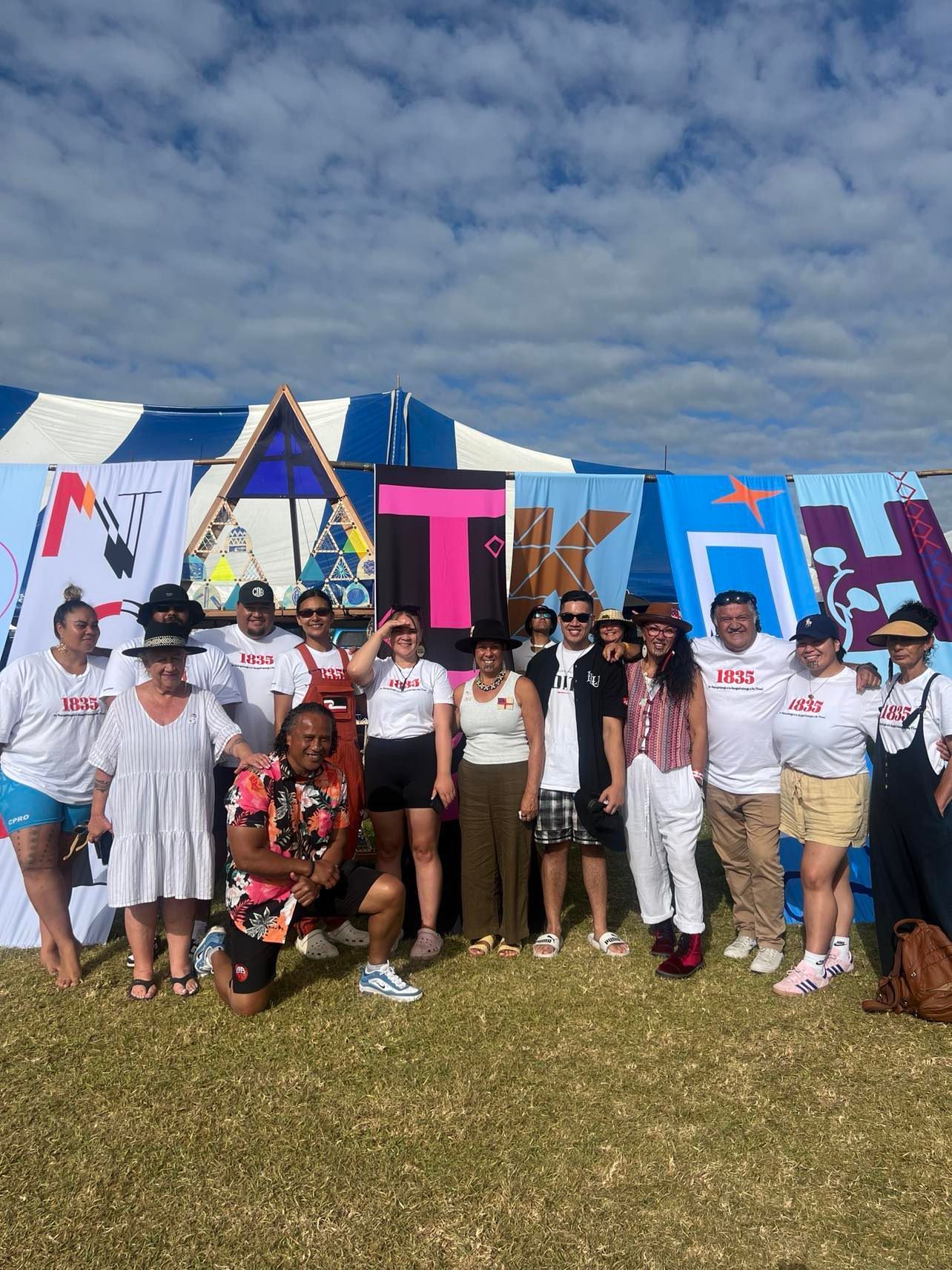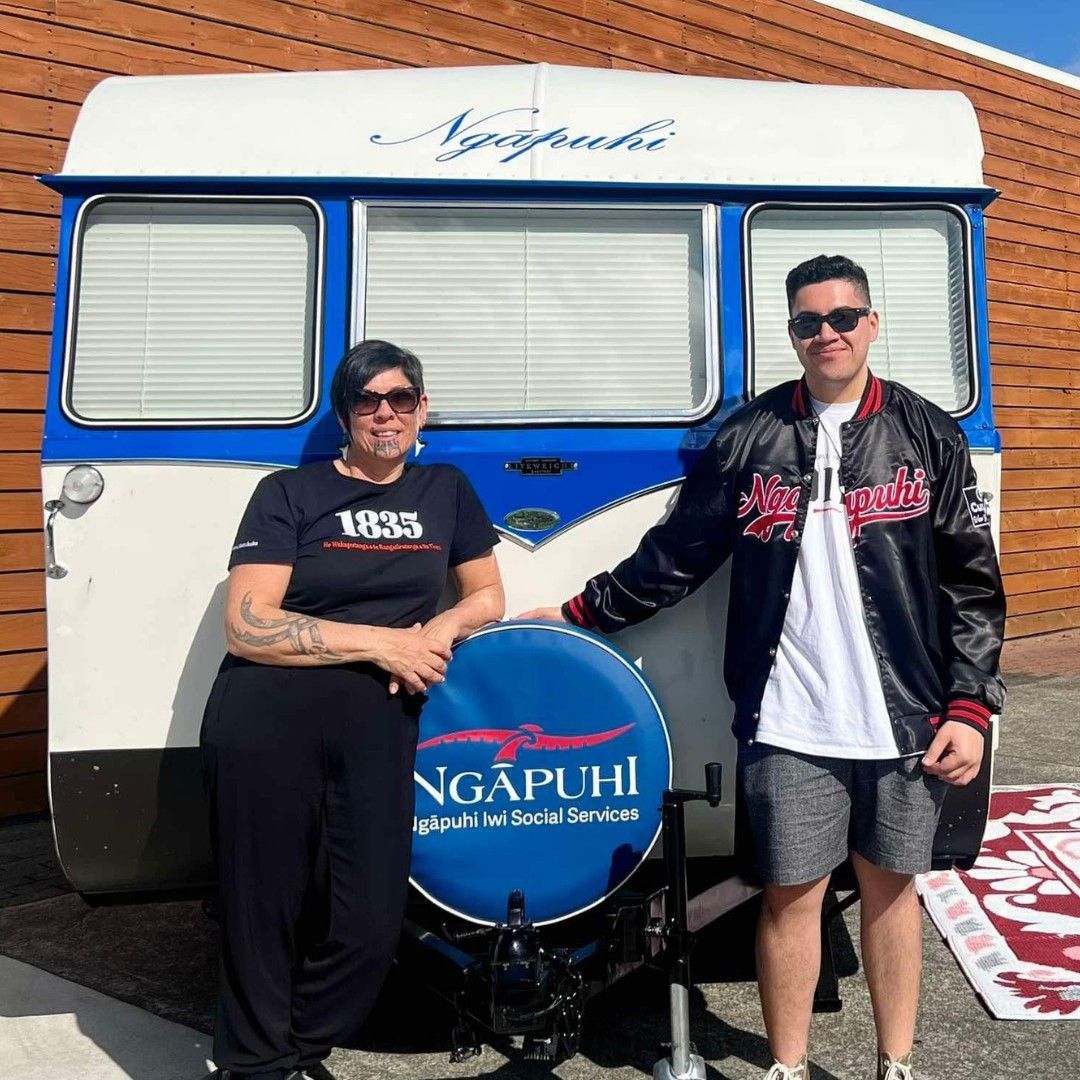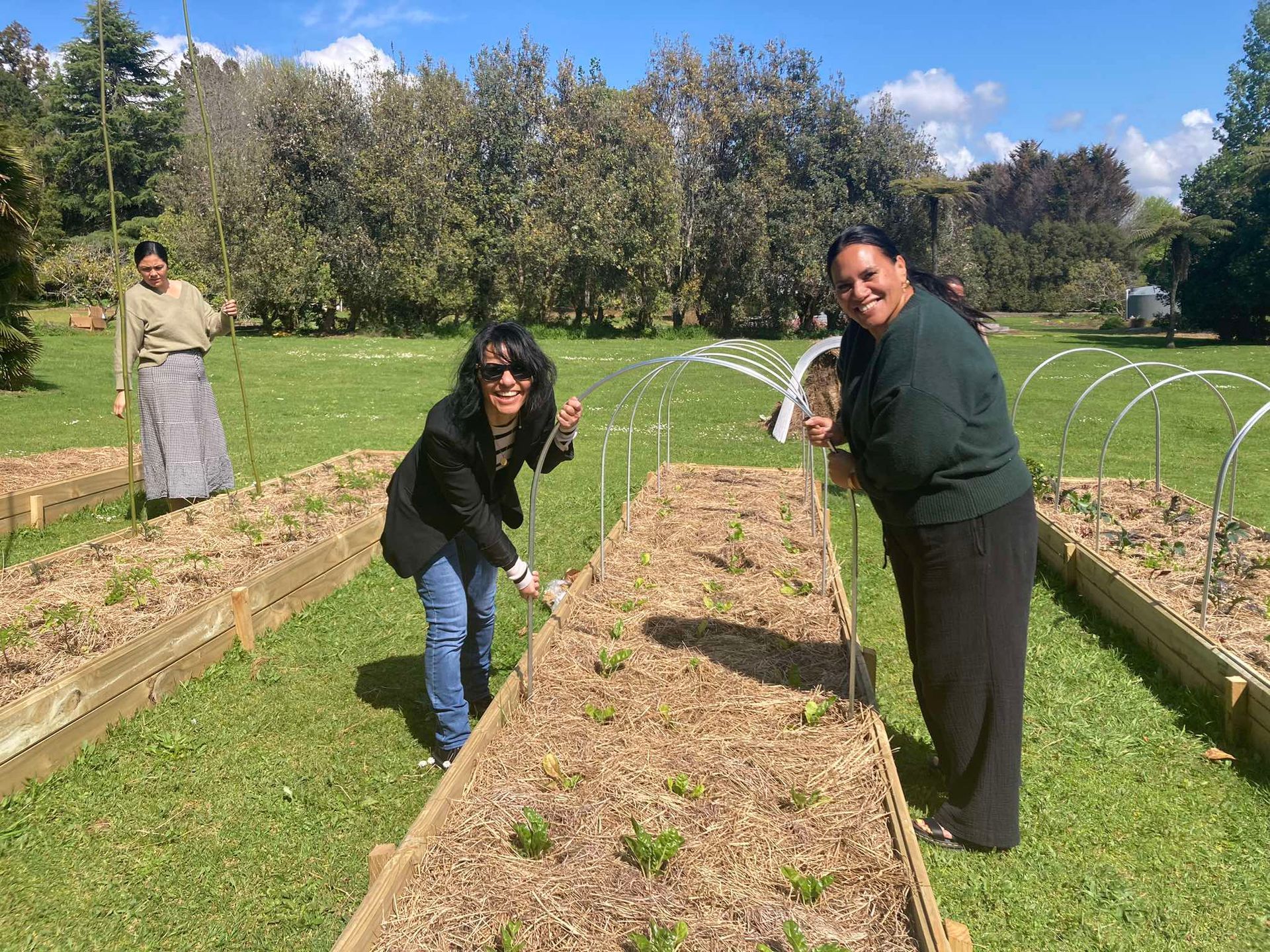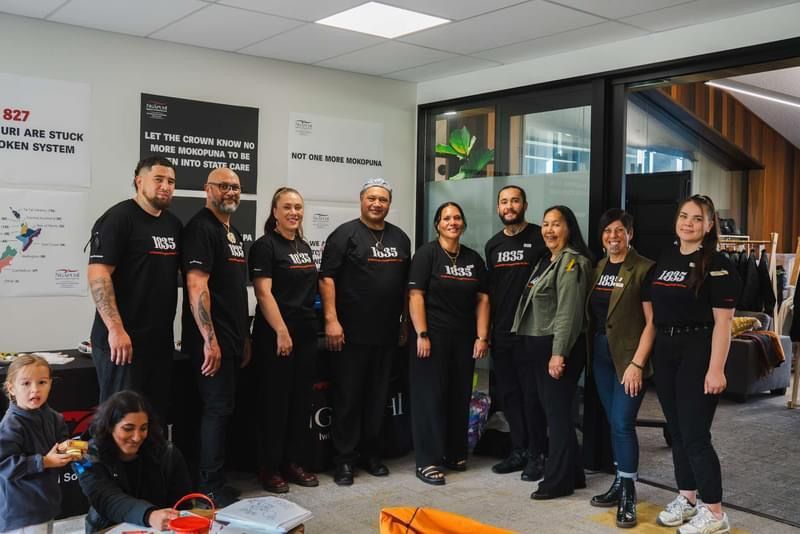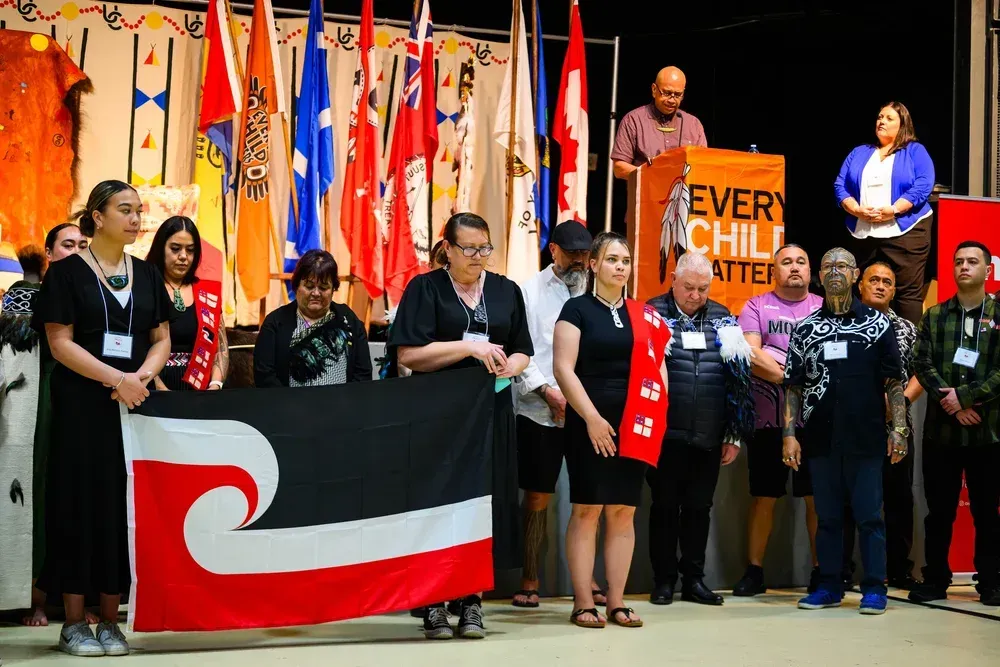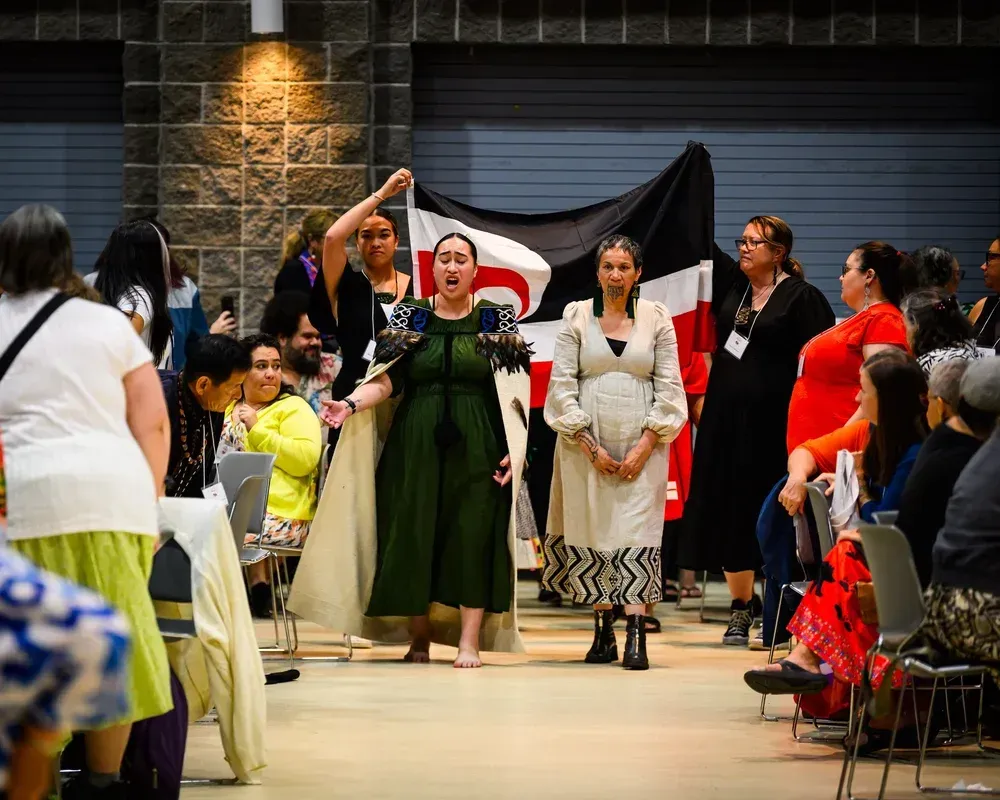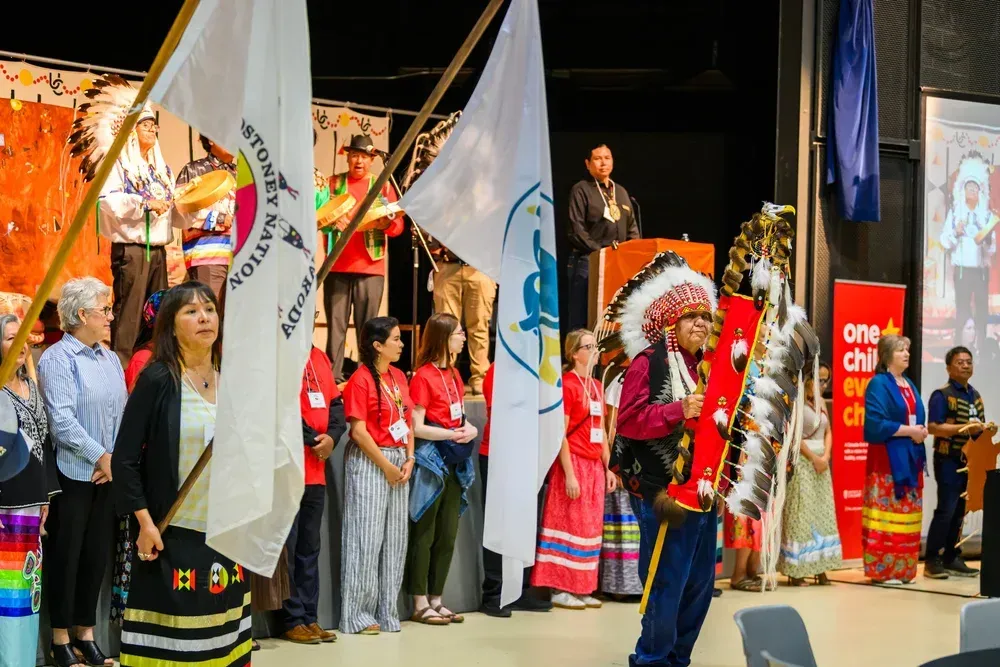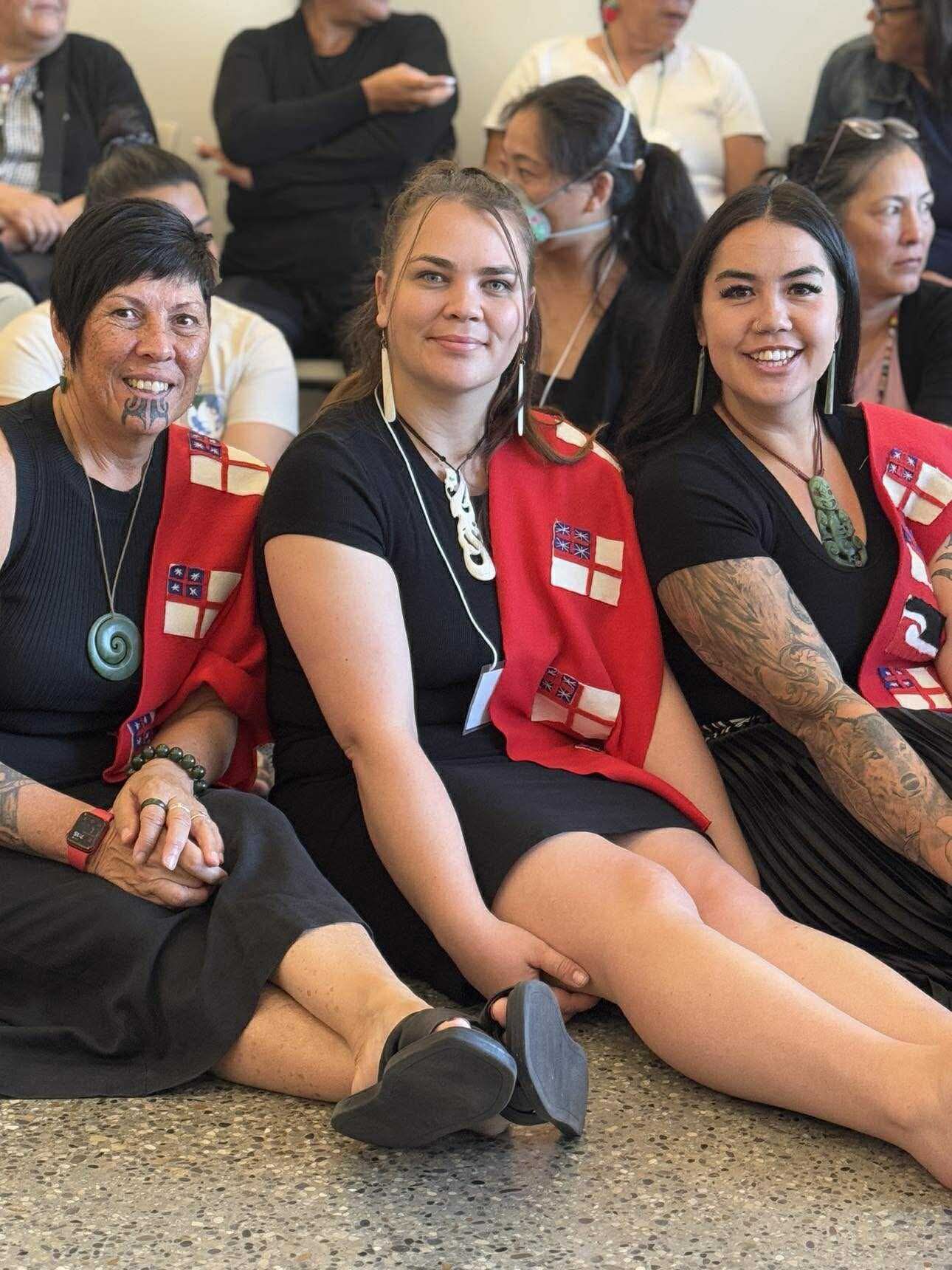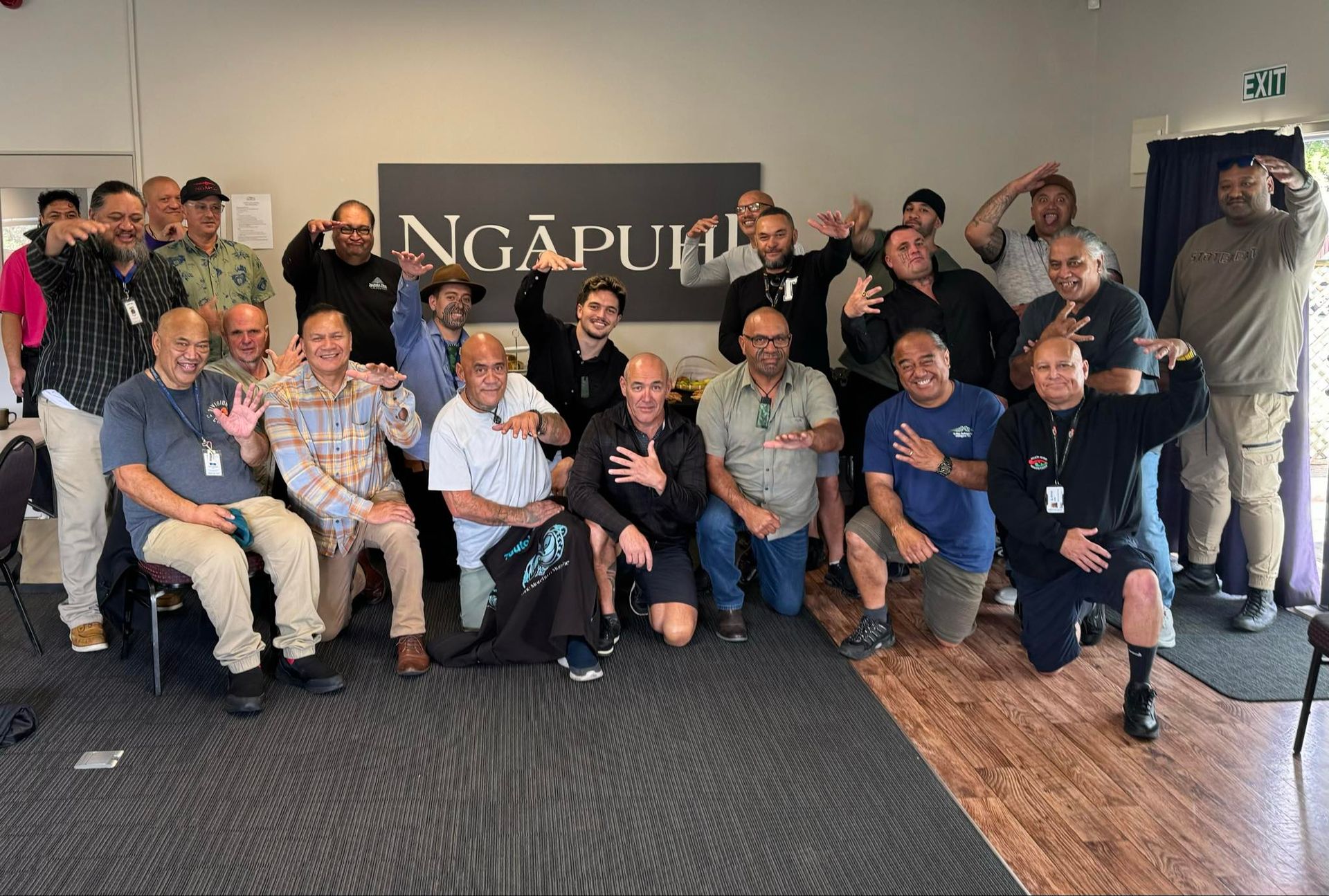The 7th International Indigenous Voices in Social Work Conference was held in Calgary, Canada from 12–15 August 2025. Hosted by the University of Calgary’s Faculty of Social Work, the gathering drew Indigenous social workers, academics, policy makers, and community leaders from around the world. The theme, “One Child Every Child: Indigenous Ways of Knowing, Doing, Connecting, and Being for Advancing the Well-Being of Our Future Generations,” provided a fitting platform to showcase Ngāpuhi’s mahi, experiences, and aspirations for taitamariki.
Representatives from Ngāpuhi Iwi Social Services – Dr Moana Eruera, Eriata Peri, and Nola Naera – delivered three powerful presentations. The first highlighted the Mahuru Remand Programme, a tikanga-based alternative for taitamariki on remand, demonstrating the healing potential of whakapapa-centred approaches. The second, Taitamariki Māori Voices Challenging Western Discourse, explored how young people understand and navigate intimate partner relationships. Drawing on taitamariki perspectives, the kōrero unpacked healthy and unhealthy patterns, and introduced a decision-making tool designed to help taitamariki identify concerns in relationships and make empowered choices. The third focused on Ngāpuhi tamariki in state care and the actions being taken to address their over-representation. This included discussion of Ngāpuhi’s oral submissions in Parliament opposing the repeal of section 7AA of the Oranga Tamariki Act, and wider efforts where NISS and Ngāpuhi have stood for the rights and wellbeing of their tamariki.
Each presentation was followed by many thoughtful questions from participants eager to learn more. Audience members expressed strong interest in Ngāpuhi approaches and sought guidance on how aspects of this mahi might be adapted within their own communities and contexts.
Beyond the lecture theatre, the conference offered profound opportunities for cultural exchange and shared learning. Delegates participated in traditional Blackfoot ceremonies such as pipe and smudge, where karakia, drums, and chants created a powerful sense of connection across nations. An excursion day allowed for deeper immersion into Blackfoot worldviews. Eriata and Nola joined a group exploring local creation traditions and were guided through the tikanga of raising and dismantling a tipi, an experience rich with similarities to marae tikanga. Meanwhile, Dr Eruera entered the sweat lodge, a ceremony that embodied deep spiritual intensity. Within the enclosed heat and darkness, accompanied by drumbeats, singing, and the rising smoke of smudge, participants prayed, released, and reconnected with themselves and each other. For many, including Dr Eruera, it was a powerful reminder of the shared centrality of wairua in Indigenous healing practices.
The final night culminated in a gala dinner where Indigenous drums, dance, storytelling, and kai tahi wove together communities from every corner of the globe. The richness of the experience lay not just in what was shared from the Ngāpuhi perspective, but also in what was brought home – a reaffirmation that Indigenous peoples everywhere carry unique but resonant knowledges, stories, and strategies for caring for their children and future generations.
The Calgary gathering affirmed that Ngāpuhi’s challenges and aspirations are part of a global narrative of Indigenous resilience and transformation. For NISS, the conference strengthened relationships, created new connections, and reaffirmed the value of continuing to stand proudly in Indigenous spaces worldwide. The learnings brought home will ripple outward – informing practice, inspiring taitamariki, and contributing to the collective journey of Ngāpuhi whānau.
